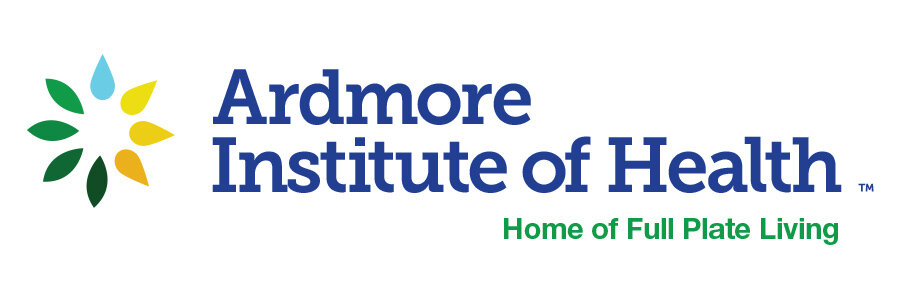Evaluating the Full Plate Living lifestyle intervention in low-income monolingual Latinas with and without food insecurity
This study augmented the Full Plate Living program and delivered to food insecure populations via community health workers. This article was published in the Journal Women’s Health.
Abstract
Introduction
Food insecurity has long been associated with poor physical and mental health, especially among women from underrepresented minorities. Despite efforts to reduce food insecurity, rates continue to rise and remain disproportionately high among Latinx living in the United States, a group reporting worse mental health symptoms than any other ethnic group during the COVID-19 pandemic. The need to reduce the health burden associated with food insecurity among Latinas is urgent and requires a more targeted and innovative approach. Interventions using a popular education approach have proven effective among underserved populations, especially when these are delivered by community health workers. However, food insecurity status of the participants is often unreported and it is not clear whether or not results vary between those with and without food insecurity.
Objectives
The aim of this quasi-experimental study was to examine physical and mental health changes among Latinas with, and without, food insecurity following a multicomponent health intervention led by community health workers using a popular education approach.
Methods
Enrolled obese Latinas (N = 98) with and without food insecurity responded to demographic, health behaviors and mental health surveys and completed biometric measurements at baseline, immediately following the intervention and at 3 months.
Results
At baseline, participants with food insecurity reported more anxiety and depression than those without, but average body mass index was comparable. Depression, anxiety and body mass index were lower at 3 months post and no statistically significant differences were seen between the groups. Participants with food insecurity benefited as much from the intervention as those without.
We found that, although community health workers are not licensed healthcare professionals, with proper training and support, they were able to successfully reduce the risk of chronic diseases and improve mental health symptoms among food-insecure Latinas.
Conclusion
Given the promising results, similar interventions should be implemented on a larger scale in Latino communities among food insecure women. Long-term sustainability should also be explored.
Related Grant: Full Plate Living Online and In-person Interventions for Latinas

